Frontlist | 'Before She Sleeps' book review: Reluctance, Rebellion, Revolt
Frontlist | 'Before She Sleeps' book review: Reluctance, Rebellion, Revolton Mar 22, 2021
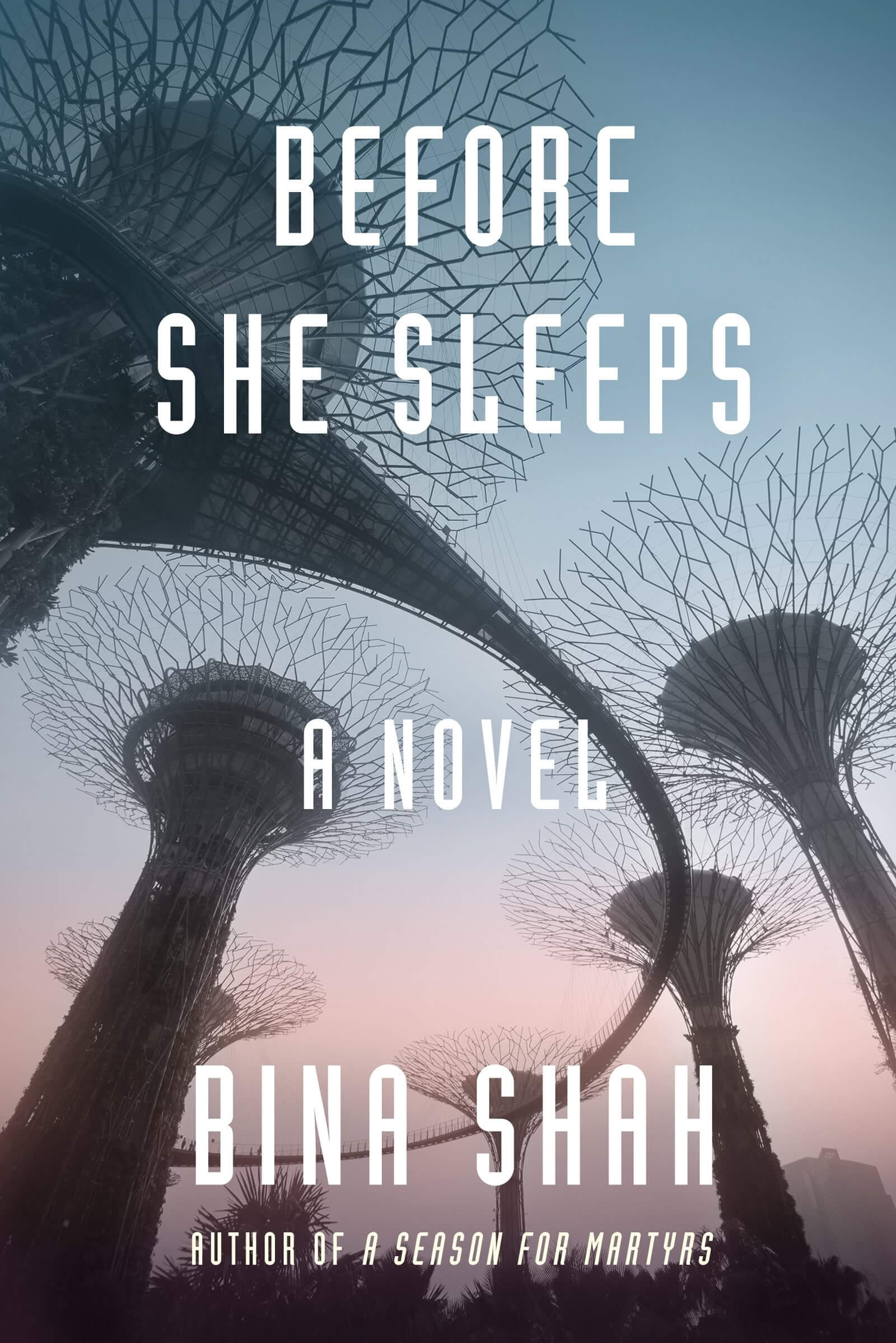
On the lines of Margaret Atwood's The Handmaid's Tale, this dystopian novel is a comment on the future of women's lives and is set in the noir atmosphere of Green City.
Danish writer and editor Simon Kristensen had published a short story on which the first chapter of Before She Sleeps is based. He invited Bina Shah - one of Pakistan's most talented writers - to Copenhagen to read it to a select group at a symposium of writers.
British writer Warsan Shire heard her there and told Shah to turn the story into a novel. And that was how this work of dystopian feminist fiction took form, writes the author in the Acknowledgments section of the book.
The book, which is compared to Margaret Atwood's 1985 acclaimed dystopian novel The Handmaid's Tale, is set in the noir atmosphere of Green City, the capital of the Sub-West Asia region. Interestingly, it came up in a land that was a desert about a century ago, and where thousands of trees were planted, making it lush and fertile, much like an oasis. Here, no citizen is permitted to maintain a personal journal or diary, and to salvage the past is considered an act of self-indulgence.
Recent incidents of a virus (reminiscent of our present-day COVID times) and nuclear war have led to a 'Gender Emergency'. This has resulted in the establishment of the 'Agency' and the 'Perpetuation Bureau' - a kind of police state.
Must Read -
A toolkit to bridge gap between readers, publishers
The real crisis in Indian literature is the translation pyramid. Bangla sits at the top
No proposal for law to make Google, FB share ad revenue with publishers
With half a generation lost to war, terror and disease, women have become the endangered species. And so, they are the protectors and guardians of Green City’s most precious resource.
Growing up in Green City, women only think of sex as a means to repopulate a broken city. The fertility drugs take a toll on their health, they often give birth to triplets and quadruplets because of the high doses. When a woman becomes a wife, the government doubles her family allowance each time she gives birth. Her womb becomes the ticket to rise from poverty to a middle-class status.
In a sense, it steals women’s normality, childhoods and futures. Though treasured resources, they aren’t used to thinking for themselves. From the day they are born, they have been told what to do, how to behave and even what to think.
Contraceptives are prohibited and abortions are forbidden, and the only loyalty a woman is supposed to have is to her multiple husbands. Living in such bizarre circumstances, women either cope, or crack and shatter like glass.
The book’s protagonist, 21-year-old Sabine, doesn’t want to be married to anyone, and so, runs away from home and joins the 'Panah', an underground community of rebellious, unattached women. Its members revolt against the system.
They believe their bodies are not incubators to boost the numbers of women up to appropriate levels. Living in the Panah, they feel like other humans, and not just women. What truly binds them together is their desire for each other to be free.
These women provide peaceful sleep to rich, powerful men who pay for a type of contact and comfort that has become impossible - intimacy and companionship, without sex. The women of the Panah remind the men of their mothers, sisters, girlfriends and companions who nurtured them in the days before the Emergency.
As sentinels, they give shelter to men against their nightmares, loneliness and melancholy. In return, the men pretend to the authorities that they don't exist - because if the authorities find out about them, they will die. Members of the Panah believe that they will continue to exist, as long as there is a need for them, as long as men need women - which means forever.
One day when Sabine is with one of her clients, she is left unconscious at a hospital where it is discovered that she is suffering from a ruptured ectopic pregnancy with probable internal bleeding. A young doctor treats and saves her life, hiding her from the dangers of the Agency. He falls in love with her, and helps her escape Green City. This incident triggers a series of events that threaten to shake the foundations of the Panah, questioning its very idea.
Shah is an outspoken advocate for women's rights in South Asia, and the novel makes a comment on the possible future of women's lives in several repressive Muslim countries. With references to climate change, viruses and nuclear wars, the prose is sprinkled with several terms, such as masks, quarantines and lung disorders that are already a part of our waking lives.
 Source: newindianexpress.com
Source: newindianexpress.com
 Source: newindianexpress.com
Source: newindianexpress.com
Before She Sleeps
Book Review
Covid Times
Frontlist Book Review
Frontlist Latest Update
Frontlist News
Rebellion
Reluctance
Revolt



.jpg)






.jpg)

.jpg)
.jpg)
.jpg)
.jpg)
.jpg)



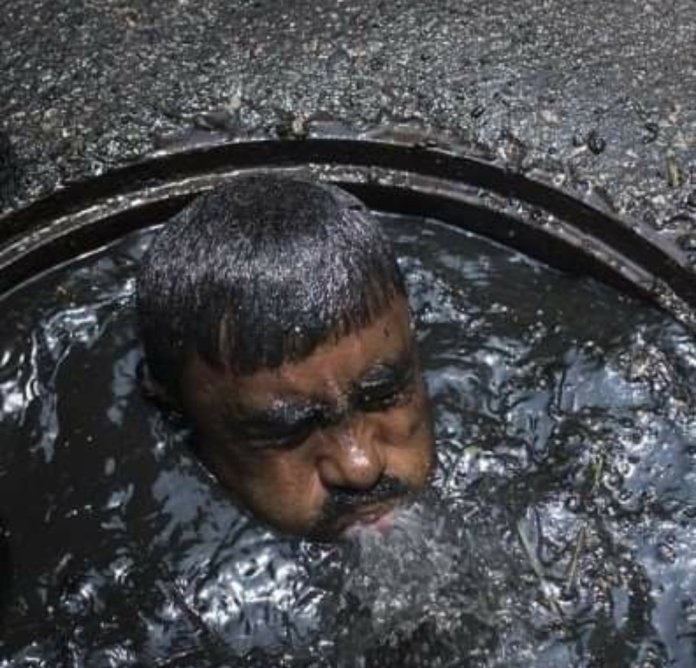
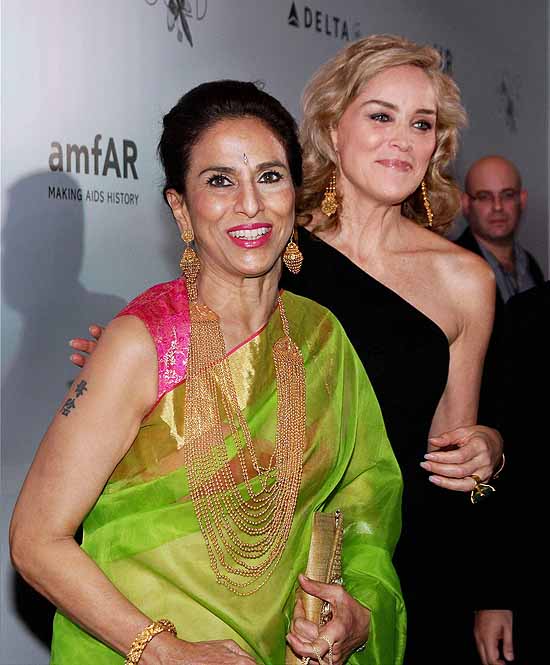
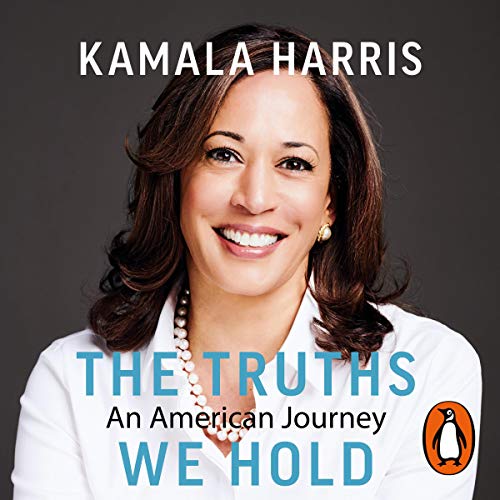
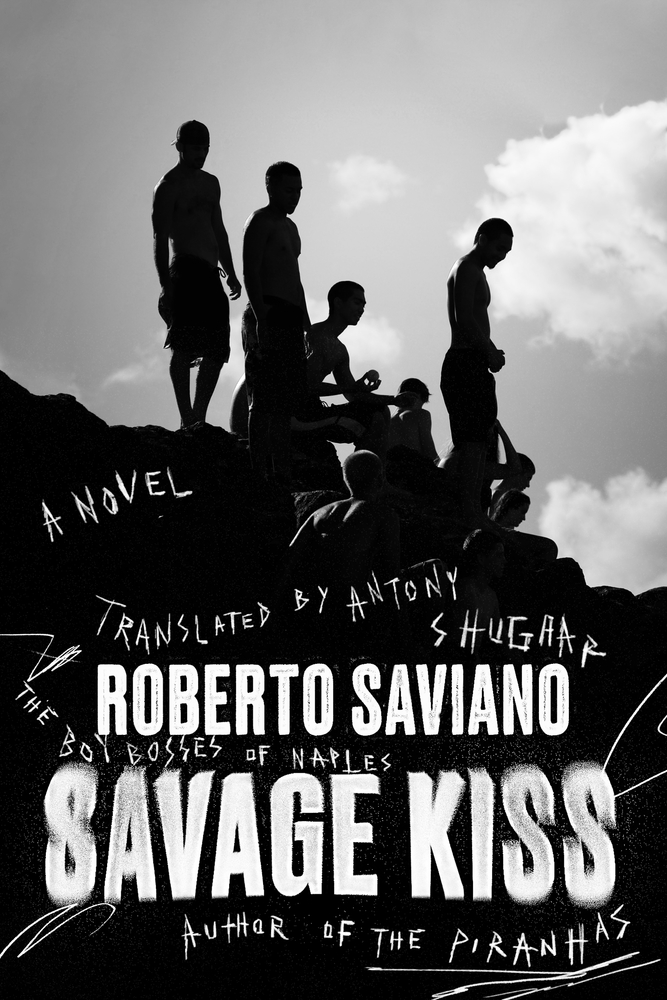
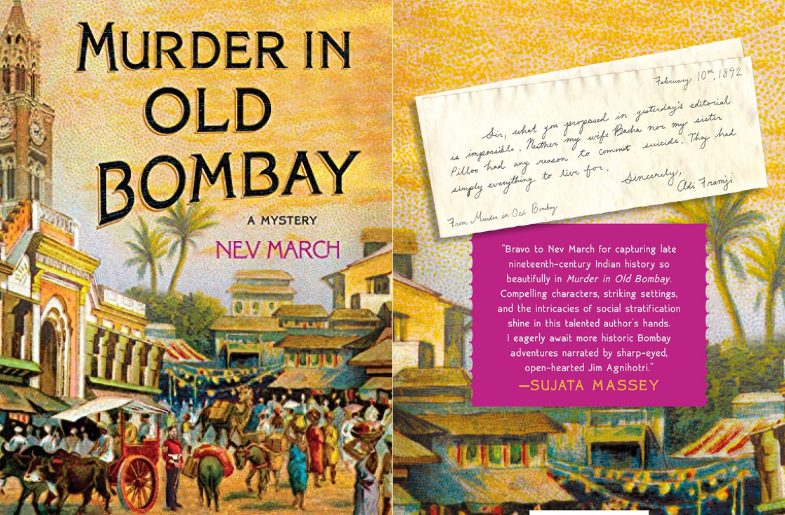

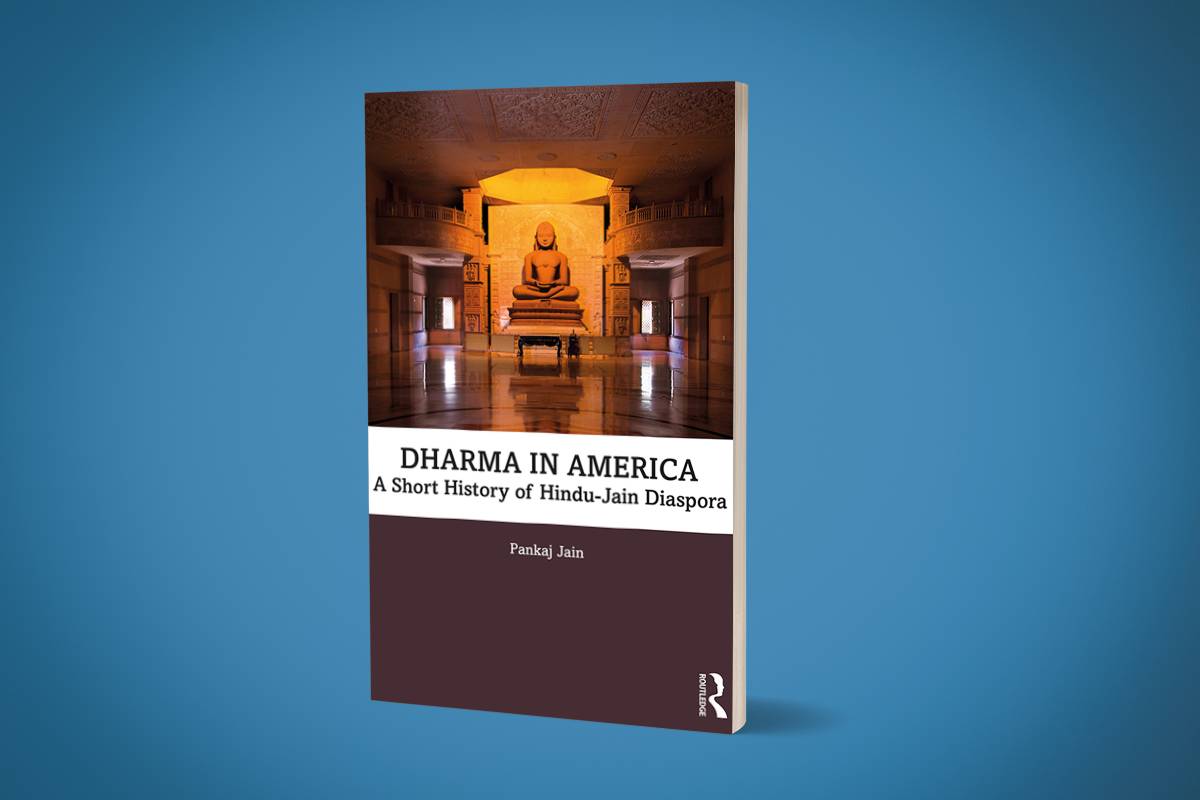
Sorry! No comment found for this post.